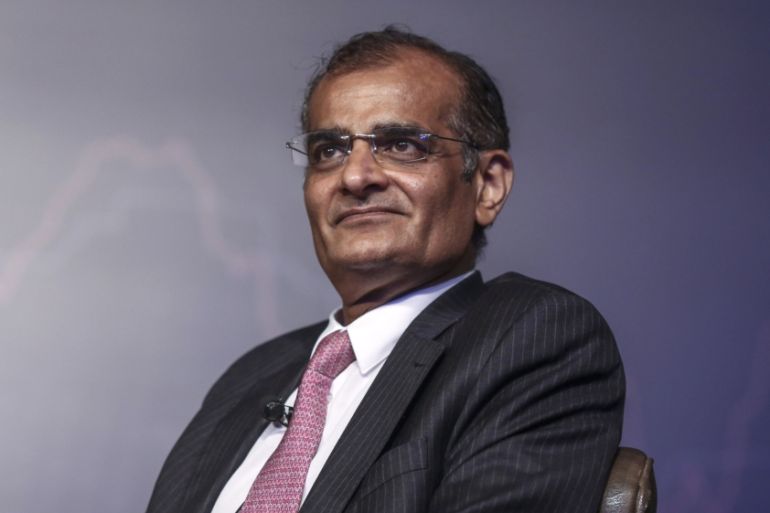Top shadow banker sees India’s credit crisis nearing an end
Edelweiss chairman believes the central bank’s easing measures will return the credit market to ‘normalcy’ by December.

One of India’s top shadow financiers by assets is betting that central bank easing will bring an end to the nation’s prolonged credit crisis, even as fresh strains in the sector emerged this week.
“Interest-rate cuts and infusion of liquidity by the RBI will give a boost to the bond markets and aid the credit market to return to normalcy by December,” Rashesh Shah, chairman of Edelweiss Financial Services Ltd., said in an interview from the company’s steel-and-glass headquarters in Mumbai. “Steps taken by the government will also help alleviate concerns around non-bank lenders.”
Keep reading
list of 4 itemsChina’s economy beats expectations, growing 5.3 percent in first quarter
Inside the pressures facing Quebec’s billion-dollar maple syrup industry
Manipur’s BJP CM inflamed conflict: Assam Rifles report on India violence
Pushed by a year of distress in India’s shadow banking sector, policy makers have announced a series of measures to calm the credit market. The steps included providing a liquidity backstop for banks to buy non-bank lenders’ assets and a cash infusion into the financial system. Still, Shah’s views seem at odds with a non-stop flow of bad news about the sector.
Concerns roared back last week when Altico Capital India Ltd., a non-banking finance house that focuses on real-estate lending, didn’t repay interest on a loan. India Ratings Research, the local affiliate of Fitch Ratings, last week cut the growth forecast for shadow lenders for the rest of the financial year. The rater cited funding challenges and a slowdown in India’s economic activity.
That said, policy moves do seem to be yielding results. The premium that top-rated non-bank lenders pay over sovereign debt to borrow fell to the lowest in a year last week.
“Rates have come down. Now, it’s more of a risk aversion issue, but that can be overcome,” Shah, 55, said.
Troubles for India’s credit markets kicked off in 2018 when IL&FS Group unexpectedly defaulted on its debt, creating a challenge for many financiers, which are now struggling to roll over borrowings. Axis Bank Ltd. also expects shadow banking woes to ease over the next few quarters hopefully.
In response to the crisis, Edelweiss is shifting its loan book of about 350 billion rupees ($4.9 billion) toward retail from wholesale lending. It plans to increase loans to individuals to about 75% of the total in the next three years, from 50% currently, Shah said. Shares of Edelweiss have declined nearly 60% in the past year amid concerns about its wholesale exposure.
In his 30-year long career, Shah said he’s never seen a time where a slowdown was coupled with a cash crunch and extreme risk aversion. India’s economic growth has decelerated for five straight quarters to the weakest level since early 2013 as cash crunch among shadow lenders cooled consumer spending.
“This is a very rare and strong combination,” he said. “But, the worst is certainly over now.”